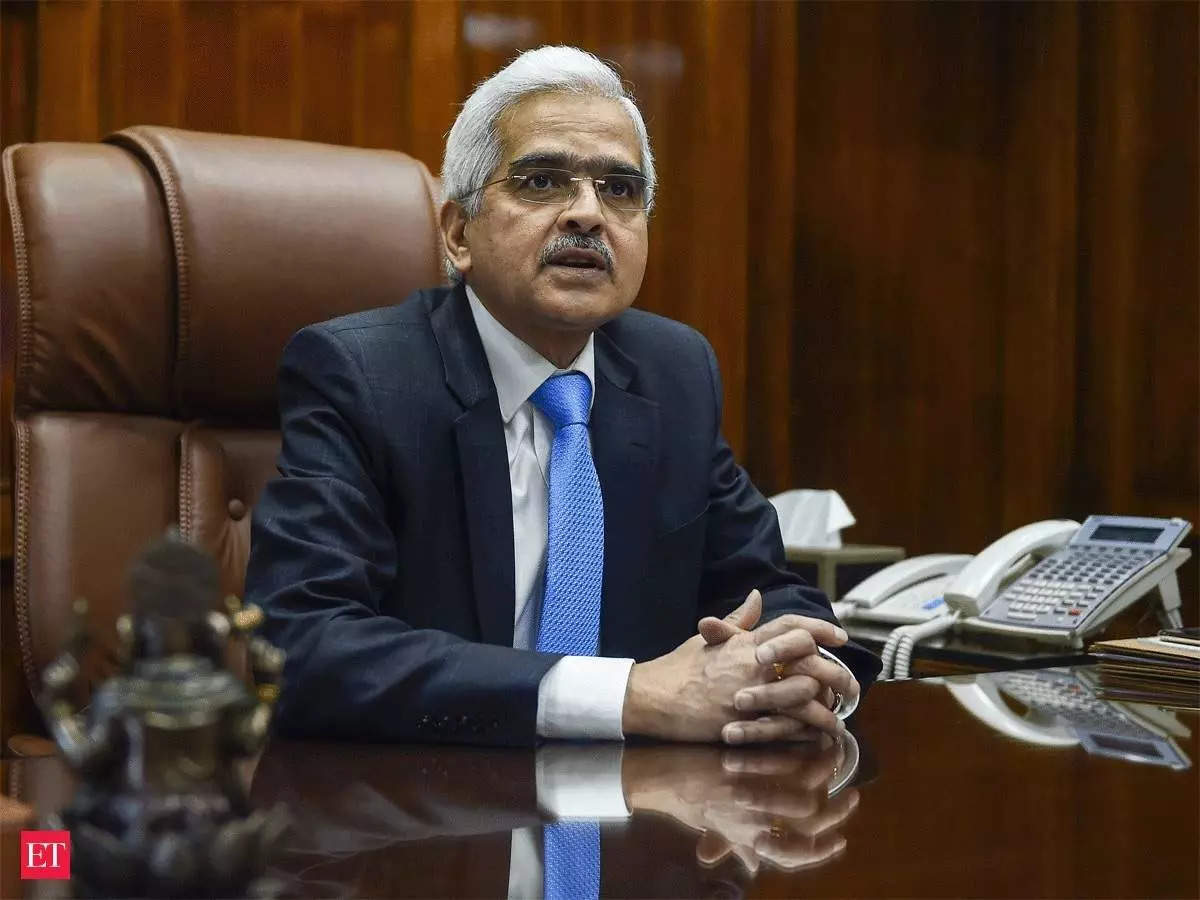Paytm, a leading digital wallet and e-commerce payment system, was once hailed as a symbol of India’s fintech revolution. However, it is currently facing a significant crisis as the Reserve Bank of India (RBI) takes disciplinary action against Paytm Payments Bank (PPBL) for persistent non-compliance. The RBI has reportedly found several lapses in the bank’s adherence to regulatory guidelines, including transaction limit rules and Know Your Customer (KYC) norms.

With a user base exceeding 100 million customers who have undergone know your customer (KYC) verification, Paytm finds itself barred from offering most of its crucial services. However, the RBI has granted customers the ability to withdraw or use their balances without any restrictions, up to the available balance in their accounts. This implies that customers can still access and utilize their stored balances across various Paytm instruments.
RBI Explains What is Happening With PayTM
Reserve Bank of India Deputy Governor Swaminathan J. shed light on the situation, stating that the regulatory action was taken due to persistent non-compliance by Paytm Payments Bank.
“We refrain from delving into the specifics of the action against Paytm Payments Bank. This regulatory measure is a consequence of persistent non-compliance. Before taking such action, there is typically an extended period of bilateral engagement, spanning months or even years, during which we identify deficiencies and provide an opportunity to rectify them. As regulators, our foremost responsibility is to safeguard the interests of consumers,” stated RBI Deputy Governor Swaminathan J. during a post-policy press briefing in Mumbai.

Last month, the RBI imposed significant restrictions on the operations of Paytm Payments Bank Ltd, instructing it to cease accepting deposits or top-ups in customer accounts, wallets, FASTags, and other instruments after February 29. The regulatory body discovered substantial irregularities in the KYC process, posing serious risks to customers, depositors, and wallet holders.
“Deliberations started a long time ago” – RBI
Deputy Governor Swaminathan emphasized that such regulatory actions follow a substantial period of engagement and provide ample time for regulated entities, like Paytm Payments Bank, to rectify issues, ensuring the protection of consumers and the stability of the financial system.
RBI Governor Shaktikanta Das reassured the public that the regulatory concerns pertain specifically to Paytm Payments Bank and do not indicate a broader issue within the financial system.
“Let me clarify the situation regarding Paytm. There is no systemic concern affecting the entire financial system. This pertains to a specific institution,” clarified RBI Governor Shaktikanta Das.

He added, “Our approach consistently involves engaging with regulated entities in a bilateral manner, urging them to take corrective actions. Adequate time is provided for them to implement these corrective measures. Without singling out Paytm, I want to emphasize our general strategy with all regulated entities. Over recent years, we have significantly enhanced our supervisory methods.”
Despite the regulatory restrictions, Paytm reiterated that its app remains fully operational, assuring users and merchant partners that services are unaffected. A Paytm spokesperson stated, “Paytm continues to lead in mobile payments innovation, and we are accelerating our partnerships with banks to offer uninterrupted services. We assure our merchant partners that Paytm QR, Soundbox, and card machines will continue to work as usual.”
Governor Das underscored the RBI’s commitment to bilateral engagement with regulated entities, nudging them toward corrective actions. If constructive engagement proves ineffective, or entities fail to act, the RBI resorts to supervisory or business restrictions.
How market reacted to PayTM Crisis?
Following the regulatory developments, the market swiftly responded with a 20% drop in Paytm shares on Friday. In response, both the National Stock Exchange and the Bombay Stock Exchange revised the daily limit on Paytm shares to 10% to manage volatility. Out of 15 analysts tracking the company, six maintain a ‘buy’ rating, five recommend ‘hold,’ and four suggest ‘sell.’ Despite recent challenges, the average of 12-month analyst price targets indicates a potential upside of 59.5%.
Amidst the challenging scenario, financial services major Morgan Stanley invested in Paytm’s parent company, One97 Communications, through its affiliate, Morgan Stanley Asia (Singapore) Pte – ODI. In response to consecutive days of Paytm shares hitting the 20% lower circuit, the national bourses adjusted the daily limit on One97 Communications Ltd from 20% to 10%, resulting in a loss of investor wealth amounting to ₹15,016 crore.
Paytm is a popular platform with a vast network of over 30 million merchants. Among these merchants, around 20% use Paytm Payments Bank Ltd for their financial settlements. It’s worth noting that PPBL serves as the sponsor bank, also known as the payment service provider (PSP bank), for most of the UPI addresses on the Paytm app. This is evident in the virtual payment address (VPA) that uses “@paytm.”
Increased surveillance and regulatory compliance by RBI on Paytm highlights the need to safeguard consumers and maintain stability of financial system.













